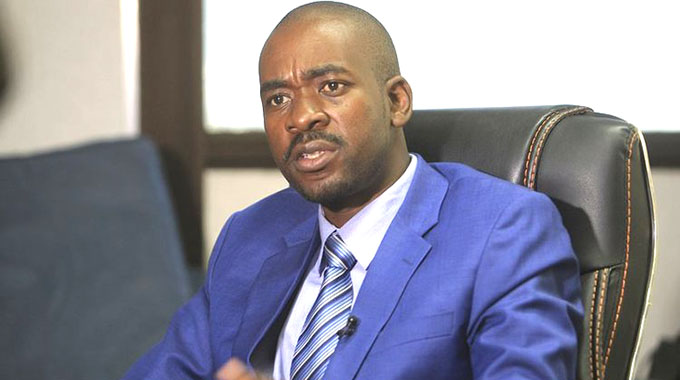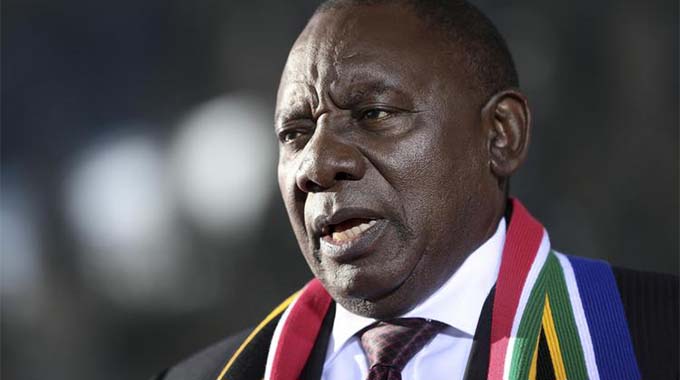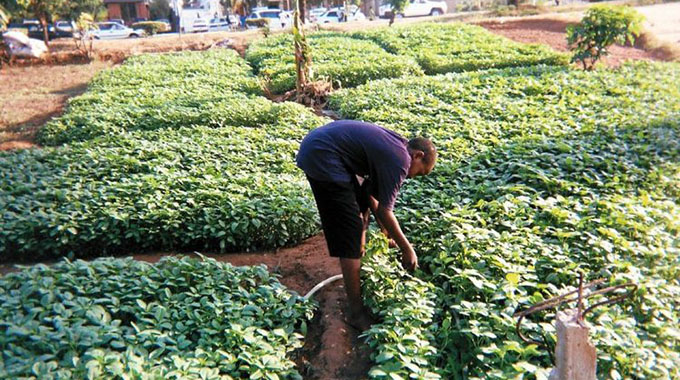Vuso Mhlanga Correspondent THE quest for a home and a sense of belonging is the substance of Zimbabwean literature. This is not a sweeping assertion that makes one liable to oversimplification of matters. True, the generality of many literatures, especially African and Caribbean, reflect that search for identity, but that there exist no other literatures […]
↧
Elusive search for a home in Zim literature
↧
Why do things happen the way they do?
Tanaka Chidora Literature Today I grew up surrounded by positive people who could rummage for positive things from a heap of debris. They could interpret every minuscule event of life and give it new positive meaning, and if they could not, they would assign it to some higher and divine authority who knew why things […]
↧
↧
Haritatos: Born for servant leadership

↧
Politics and the neurotic economy

↧
Fixing the economy not a stroll in the park

↧
↧
SA, Security Council and foreign policy

↧
Editorial Comment: Together Zimbabwe shall overcome

↧
Give unto Caesar what belongs to Caesar

↧
Agriculture vehicle for attainment of Vision 2030

↧
↧
Opposition attempting to scare its way to State House

↧
Workers Party of Korea turns 73

↧
Notes from the edge of Kenya’s Karura Forest

↧
EDITORIAL COMMENT: Deviant, irresponsible opposition a let down

↧
↧
Columbus Day: Romancing greed, slavery

↧
Preparing next generation of skilled workers: Day of the Girl
Today’s generation of girls is preparing to enter a world of work that is being transformed by innovation and automation.
↧
There’s no evil in me
John 14:30 Amplified; I will not talk with you much more, for the prince (evil genius, ruler) of the world is coming. And he has no claim on me. (He has nothing in common with me; there is nothing in me that belongs to him and he has no power over me.)
↧
Divorce: Can I say no?
Zimbabwe Women Lawyers Association (ZWLA) assists a multitude of women through providing free legal aid to indigent women.
↧
↧
AFM: Deific law in crisis

↧
Why is it so hard for Africans to visit other African countries?

↧
Youth interest in agriculture must be supported

↧